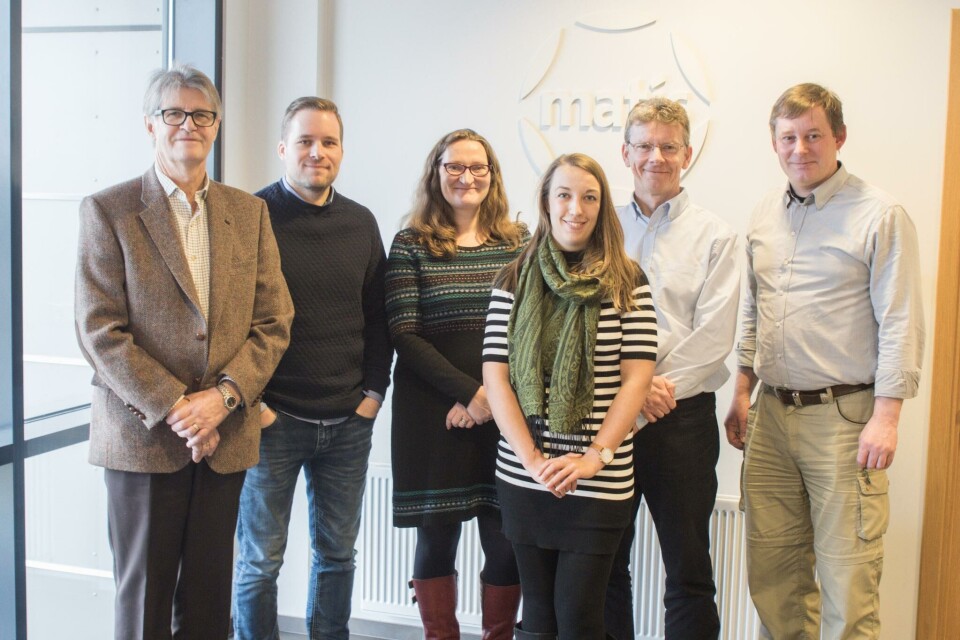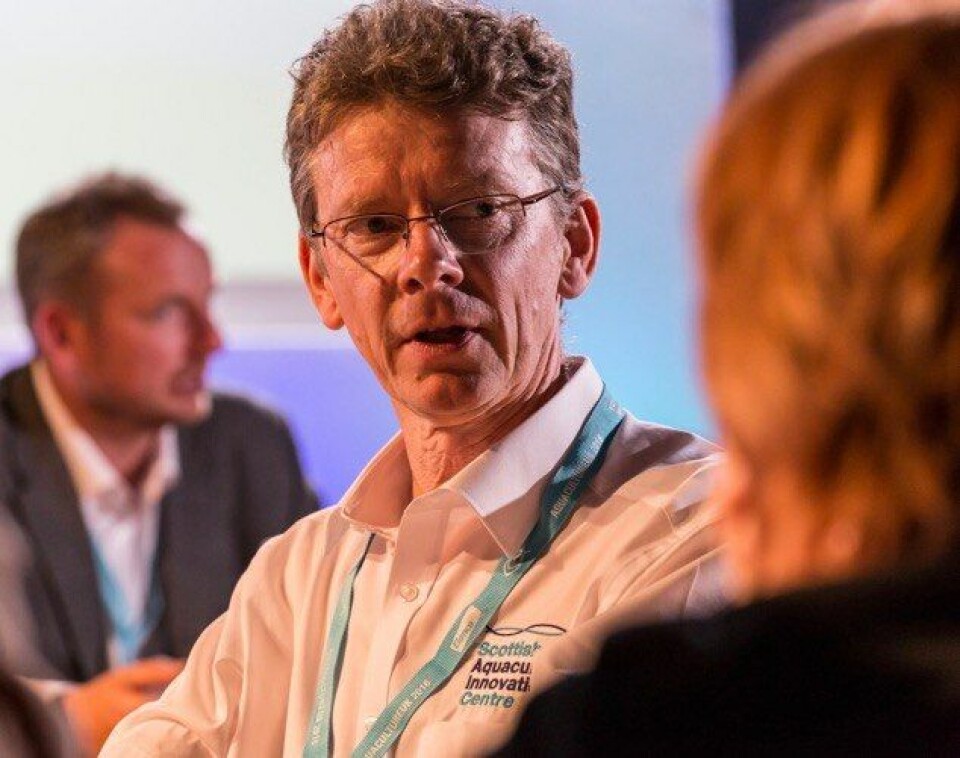
Remote possibilities
An international partnership met in Reykjavík today in a bid to improve innovation support for remotely located aquaculture businesses.
The meeting also aimed to scope out a new Aquaculture Innovation Network for the Northern Periphery and Arctic (AINNPA).
Supported by the Interreg NPA programme via the European Regional Development Fund, AINNPA brings together innovation experts from the Faroe Islands, Iceland, Ireland, Norway and Scotland, and is led by the Scottish Aquaculture Innovation Centre (SAIC), located at the University of Stirling.
Heather Jones, CEO of SAIC said: “SMEs have a key part to play in the sustainable growth of the aquaculture industry, both here in Scotland and across the NPA territory. However, for those operating in more remote locations, it can be difficult to access the support and services needed to innovate. AINNPA seeks to address this by recognising the specific challenges and opportunities facing SMEs, by sharing best practice across the participating regions, and by developing innovative new products and services via an integrated support network.”
Today’s meeting marks the start of a six-month preparatory phase to map out current aquaculture innovation support across the NPA territory; identify existing and emerging opportunities for SMEs; and build a collaborative network across participating regions.

Robin Shields, Aquaculture Innovation Manager and AINNPA representative at SAIC, explains: “We know what we want to deliver through the international partnership – namely, to offer SMEs a stronger support network than they would otherwise be able to access, in order that they can innovate solutions to existing and emerging challenges facing the aquaculture sector. Now, we start the process of drilling down into the detail of how best to achieve it.”
As part of this initial work, the project team is seeking to engage with, and appoint, associate partners. “For the initiative to be a success in the long-term, we need the insights of key stakeholders from an early stage,” says Robin. “For example, regional development agencies, aquaculture producer organisations and other trade associations who can help identify the priorities for innovation and who, ultimately, will be one of the main conduits for encouraging uptake of AINNPA across participating regions.”
Aquaculture organisations and businesses interested in contributing to AINNPA should contact Robin Shields on +44 1786 278322 or at robin@scottishaquaculture.com.























































